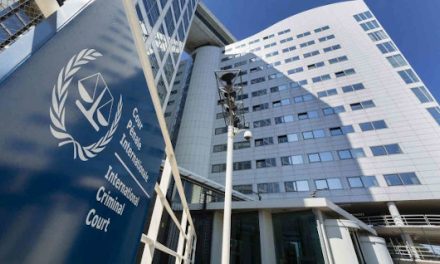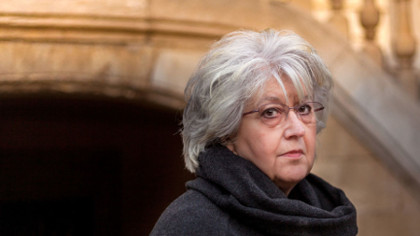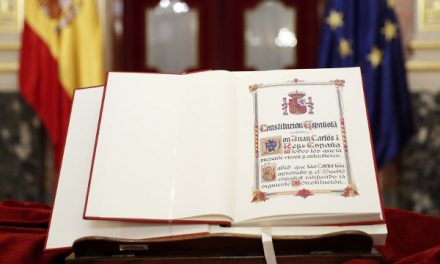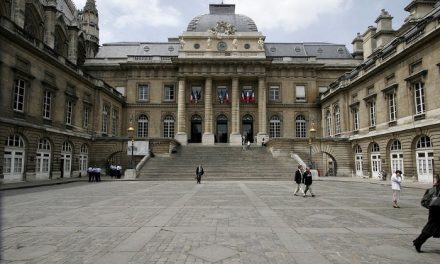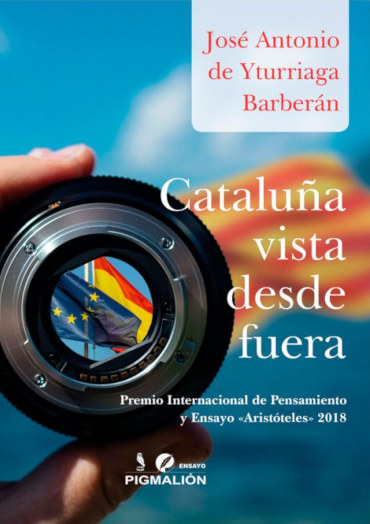 Teresa Freixes, professor of Constitutional Law at the Autonomous University of Barcelona, full academician and general secretary of the Royal European Academy of Doctors-Barcelona 1914 (RAED), presented last May 13 at the Diplomatic School of Madrid the book “Cataluña vista desde fuera” (Catalonia seen from the outside) (Pigmalión), by the exdiplomat José Antonio de Yturriaga, winner of the Aristotle International Thought and Essay prize. The event was also attended by Fernando Fernández-Arias, director of the Diplomatic School; Inocencio Arias, diplomat; Basilio Rodríguez Cañada, president of the Sial Pigmalión publishing group, and De Yturriaga himself.
Teresa Freixes, professor of Constitutional Law at the Autonomous University of Barcelona, full academician and general secretary of the Royal European Academy of Doctors-Barcelona 1914 (RAED), presented last May 13 at the Diplomatic School of Madrid the book “Cataluña vista desde fuera” (Catalonia seen from the outside) (Pigmalión), by the exdiplomat José Antonio de Yturriaga, winner of the Aristotle International Thought and Essay prize. The event was also attended by Fernando Fernández-Arias, director of the Diplomatic School; Inocencio Arias, diplomat; Basilio Rodríguez Cañada, president of the Sial Pigmalión publishing group, and De Yturriaga himself.
Professor of International Law and Diplomatic Law, career diplomat since 1963 and ambassador to Iraq, Ireland and Russia, the author tries to enter into this work in the real life of Catalan citizens. After a brief historical introduction, a documented chapter analyzes the basic features of the community: population, political, social, cultural, security forces, media, symbols and Church, education, economy, justice and diplomacy. It follows a chapter on technical-legal concepts in which De Yturriaga describes Catalanism, nationalism and independence, analyzes the idea and reality of the term “nation” and exposes the concepts of autonomy, federalism, right to decide and self-determination. He also reviews the main events that took place during the governments of Pujol, Maragall, Montilla, Mas, Puigdemont and Torra, to conclude with some considerations on dialogue, Europeanism and the reform of the Constitution.
In his speech, Freixes agrees with De Yturriaga that the current Catalan conflict “is about a cultural conflict around the manipulation that is intended to be carried out on the basic concepts that currently apply in modern states: democracy, the rule of law and human rights. And it’s a cultural conflict that has, as we can see in this work, some background, but that today, in Catalonia, is articulated through education and communication understood as a weapon of social hegemonic construction on the part of one of the members of the problem, that part that holds the institutional power even though it doesn’t have the social majority, and that aims to totally impregnate civil thought “.
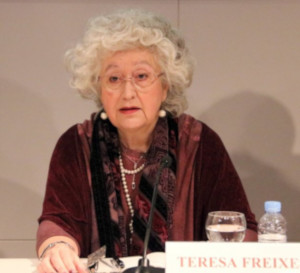
Teresa Freixes
For the academician, “there are still loopholes, like this book, that allow us to see, as behind a door closed to lime and song but that every time has more holes, the crumbling, slow but inexorable, of the supremacism that impregnates that invented story that our ambassador helps to dismantle, to lift the veil of past or present episodes is a difficult and committed task. Because it’s about not accepting the revealed truth or history built from preconceptions that have little to do with the indicators that the sciences Social programs are categorized as objectives and are subject to contrast and research based on reliable sources, not interested fiction”.
Freixes believes that without the action of the Spanish Constitutional Court and without the ordinary jurisdiction, in addition to the defense of the constitutional order made by the King, “the disaster would have been much greater than what we have in front of us. Because it’s a disaster, for politics, that they had to be the judges and the King who had to face the challenges, under a devastating criticism, aimed at discrediting them before the citizenship, as mandated by the modern techniques of the coup d’état, which requires neutralization and discredit of democratic institutions to replace them illegally with others”.
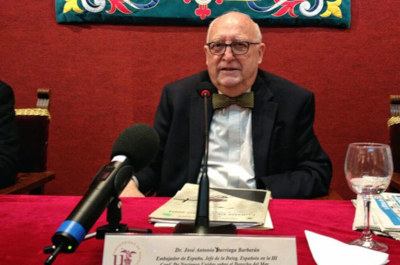
José Antonio Yturriaga
The academician concludes offering several ways to resolve the conflict. “At this point, perhaps one wonders if there is a solution to all this mess in which the secessionist challenge has placed us. Ambassador De Yturriaga also asks him several times throughout his work and, especially, in the final. I have no answer for this, either in the short or medium term, but there is no doubt that in the long term we must have been able to get out of this situation. I’m clear that, for this to happen, two premises are necessary: first of all, the restoration, in all its extension, of the democratic constitutional order in Catalonia, which entails the observance and application of the law and the enforcement of judgments. And secondly, the recognition of the internal plurality of Catalonia, with the incorporation of constitutionalism, of all constitutionalism, not just a part of it, into the debate on the methods of redirecting the problem, which implies that the famous dialogue must be to be with all the interlocutors of constitutionalism”.

